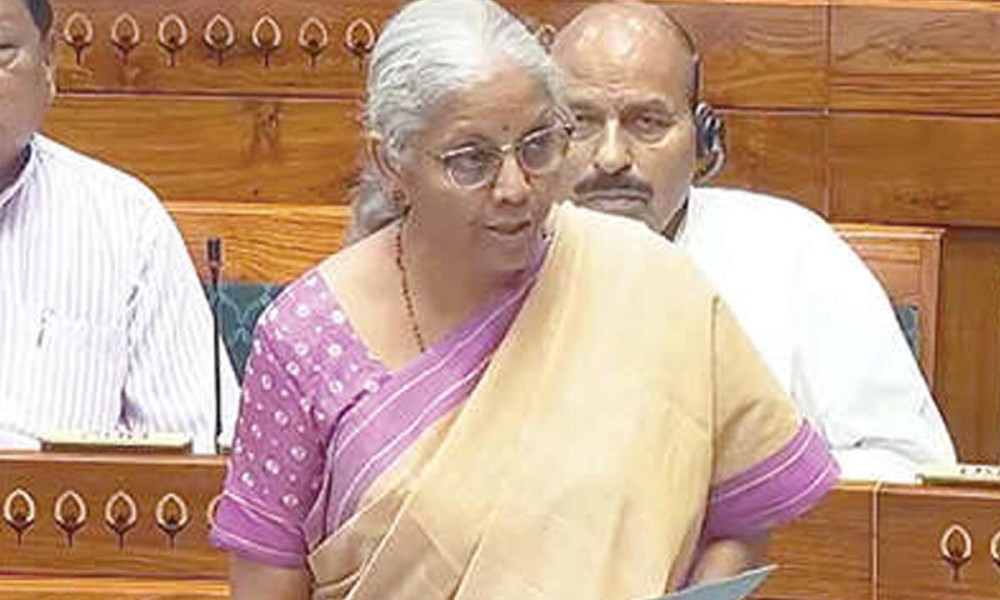The Indian government has made it clear that it has no intention of reinstating the Old Pension Scheme (OPS) for central government employees currently enrolled in the National Pension System (NPS). Finance Minister Nirmala Sitharaman informed the Lok Sabha on Monday that the OPS was discontinued due to the unsustainable fiscal burden it placed on the government. The NPS, introduced in 2004 for central government employees (excluding the armed forces), was designed as a defined contribution-based system to ensure long-term financial stability.
Sitharaman explained that the shift from OPS to NPS was necessary to avoid excessive strain on public finances. However, recognizing the need for improved retirement benefits, the government formed a committee under the then Finance Secretary to explore enhancements to the NPS. The outcome of these discussions was the introduction of the Unified Pension Scheme (UPS), which operates within the NPS framework. UPS is structured to provide defined benefits after retirement while maintaining fiscal sustainability.
One of the key aspects of UPS is its carefully designed family benefits, ensuring that retirees and their families receive assured payouts. The scheme aims to strike a balance between providing security to employees and protecting the financial health of the pension fund. The Finance Minister emphasized that the government remains committed to the NPS and its modifications, rather than reverting to the older system.
The OPS, which was a defined benefit scheme, guaranteed a fixed pension based on the last drawn salary and years of service. While it provided certainty to retirees, it also created a growing liability for the government. The NPS, on the other hand, is market-linked, with contributions from both employees and the government. This shift was part of broader reforms to modernize India’s pension infrastructure and align it with global best practices.
Employees under NPS have the option to choose between UPS and other investment options, giving them flexibility in planning their retirement. The government’s decision to stick with NPS reflects its focus on long-term fiscal prudence, even as it seeks to address employee concerns through scheme improvements. The debate around pension reforms continues, but for now, the government has firmly ruled out a return to the old system.
Pension reforms remain a sensitive topic, particularly among government employees who often advocate for the restoration of OPS. However, with fiscal responsibility taking priority, the emphasis is on refining the existing framework rather than reversing course. The introduction of UPS is seen as a middle ground, offering better benefits without compromising financial sustainability.
The Finance Minister’s statement comes at a time when several states have considered or implemented a return to OPS for their employees. This has led to mixed reactions, with some praising the move for its employee-friendly approach and others warning of fiscal risks. The central government, however, is holding firm on its stance, ensuring that NPS remains the cornerstone of pension policy for central employees.
As pension systems evolve globally, India’s approach reflects a balance between social security and economic stability. The NPS, with its market-linked returns and defined contribution model, is designed to adapt to changing economic conditions while providing retirement security. The focus now is on refining and optimizing the system to meet the needs of both employees and the exchequer.

